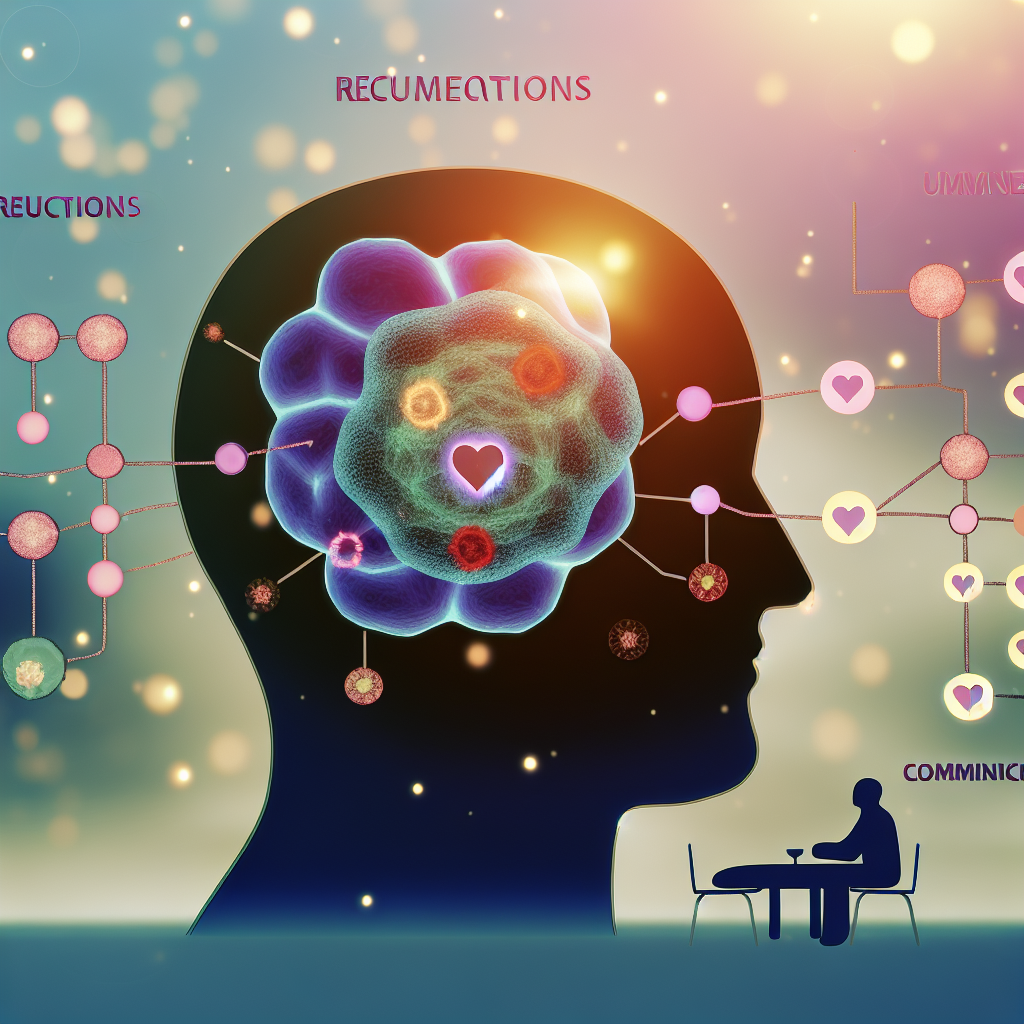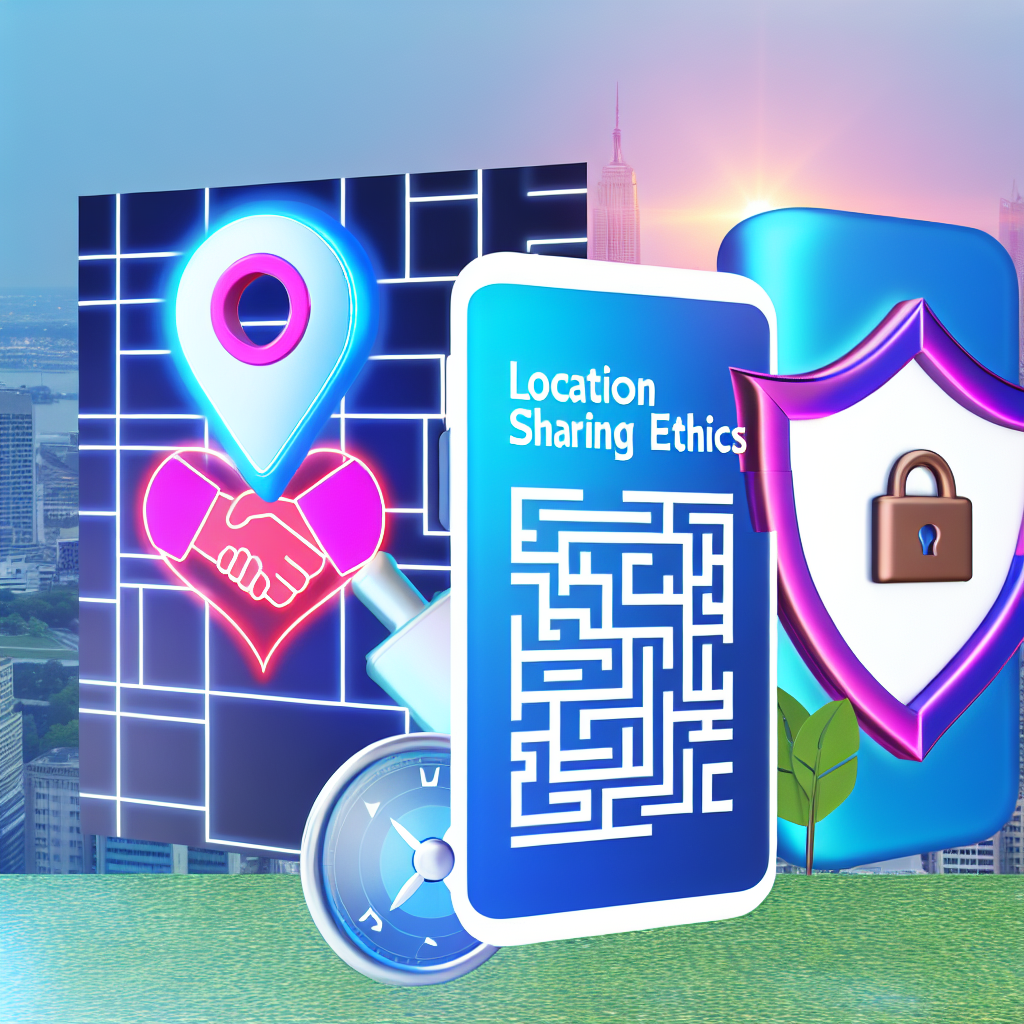The Rejection Immunity Framework – Rewiring Your Brain to Handle Dating Setbacks Like a Pro
Rejection—it’s the four-syllable word that makes even the most fearless hearts tremble. Whether you’re fresh out of college and exploring online dating apps or rediscovering romance in your 60s, the sting of dating rejection feels deeply personal. But here’s the truth: rejection is a universal part of the dating journey. And like any challenge, it can be managed—even mastered. Enter the Rejection Immunity Framework, a mindset and strategy-based approach designed to rewire how your brain processes romantic setbacks, helping you bounce back smarter, stronger, and more confident.
Modern dating can feel like emotional roulette. One moment, there’s mutual chemistry and witty banter, and the next—radio silence. According to a 2020 Pew Research study, 67% of online daters say their experiences have been mostly negative. The chances of being ghosted, unmatched, or turned down are high. So, if rejection is inevitable, why not build resilience against it?
The Rejection Immunity Framework is more than just a pep talk. It’s rooted in cognitive behavioral science, neuroscience, and emotional intelligence practices. It’s about understanding why rejection hurts, interrupting harmful thought loops, and training our brains to respond instead of react. Ask yourself: Are you internalizing rejection as a sign you’re “not good enough”? Are you engaging in self-sabotaging thoughts like “I’ll never find someone”? This framework helps identify and dismantle these destructive narratives, offering mental tools to navigate rejection with grace and self-assurance.
Everyone—from Gen Z singles on Tinder to a recently widowed 70-year-old reentering the dating world—can benefit from learning how to process romantic rejection in emotionally healthy ways. By strengthening our mental and emotional resilience, we enhance not only our dating lives but also our overall well-being. Let’s explore the science behind romantic rejection, and how the Rejection Immunity Framework can help you master the dating game—not because you’ve never been hurt, but because you’ve learned how to heal, grow, and thrive after every ‘no.’
The Science Behind Rejection and Resilience in Dating
Romantic rejection isn’t just a bruised ego—it has measurable biological and psychological effects. According to a study published by the Proceedings of the National Academy of Sciences, the same brain regions activated during physical pain—specifically, the anterior cingulate cortex and insula—also react during experiences of social rejection. This explains why being ignored or turned down can feel physically painful.
Additionally, research from the University of Michigan shows that rejection triggers a spike in cortisol, the body’s primary stress hormone. When exposure to rejection is frequent or prolonged, the nervous system can enter a state of chronic stress—fueling anxiety, depression, or a fear of future rejection. This not only impacts your dating life but can also degrade your overall emotional health. If left unmanaged, this can lead to defensive behaviors like emotional withdrawal or clinging to emotionally unavailable partners, creating unhealthy dating patterns.
The Rejection Immunity Framework helps disrupt this cycle using evidence-based therapies. One of its core elements is Cognitive Behavioral Therapy (CBT). As supported by the Beck Institute, CBT is highly effective in reshaping negative thought patterns. For example, swapping “I got rejected because I’m unlovable” with “That was not the right connection and that’s normal” not only improves perspective but physically rewires the brain through neuroplasticity.
Another powerful tool in the framework is mindfulness. Practicing mindfulness has been shown to improve emotional regulation and reduce psychological distress. According to studies from Harvard Medical School and Frontiers in Human Neuroscience, regular meditation reduces the intensity of emotional pain and fosters insight-based reflection. Being more present allows daters to view each experience as part of a bigger picture—not a final verdict on their worthiness.
Finally, the framework embraces positive psychology through techniques such as gratitude journaling and self-compassion exercises. A study in the Journal of Personality and Social Psychology found that individuals with higher self-compassion levels experience significantly lower rates of depression and self-criticism after romantic rejection. When you learn how to treat yourself with care rather than critique, you don’t just heal—you grow stronger and more attractive emotionally.
Remember, this framework isn’t about making you immune to rejection. It’s about building resilience to bounce back with clarity and heart. Through scientifically grounded techniques, you’re equipped to improve communication, boost dating confidence, and foster genuine relationships—no matter your age or experience level.
Conclusion
Handling dating rejection like a pro doesn’t mean becoming numb or detached. It means cultivating resilience through understanding, reflection, and actionable change. The Rejection Immunity Framework combines science-backed approaches with emotional wisdom, empowering you to move forward with self-respect and composure. Every ‘no’ becomes an opportunity for growth rather than defeat. Whether you’re navigating the unpredictability of app-based dating or rebuilding love after loss, the emotional tools within this framework help you approach each romantic encounter with hope, balance, and confidence.
Concise Summary
The Rejection Immunity Framework is a science-backed strategy to help individuals overcome romantic rejection with resilience and emotional intelligence. Rooted in cognitive behavioral therapy, mindfulness, and positive psychology, this framework teaches you to reframe negative thoughts, reduce emotional pain, and build self-assurance. By understanding how the brain reacts to social pain, adopting mindful practices, and applying self-compassion, daters of all ages can navigate rejection more gracefully—transforming setbacks into stepping stones on the path to healthier, more fulfilling relationships.
References
- Pew Research Center: The Virtues and Downsides of Online Dating
- Proceedings of the National Academy of Sciences: Social rejection shares somatosensory representations with physical pain
- University of Michigan: Social rejection activates the brain’s pain pathways
- Beck Institute for Cognitive Behavior Therapy
- Harvard Health: Mindfulness Meditation Improves Emotional Regulation
- Frontiers in Human Neuroscience: Neuroscience of Mindfulness
- Journal of Personality and Social Psychology: Self-Compassion, Self-Esteem, and Well-Being

Dominic E. is a passionate filmmaker navigating the exciting intersection of art and science. By day, he delves into the complexities of the human body as a full-time medical writer, meticulously translating intricate medical concepts into accessible and engaging narratives. By night, he explores the boundless realm of cinematic storytelling, crafting narratives that evoke emotion and challenge perspectives. Film Student and Full-time Medical Writer for ContentVendor.com




